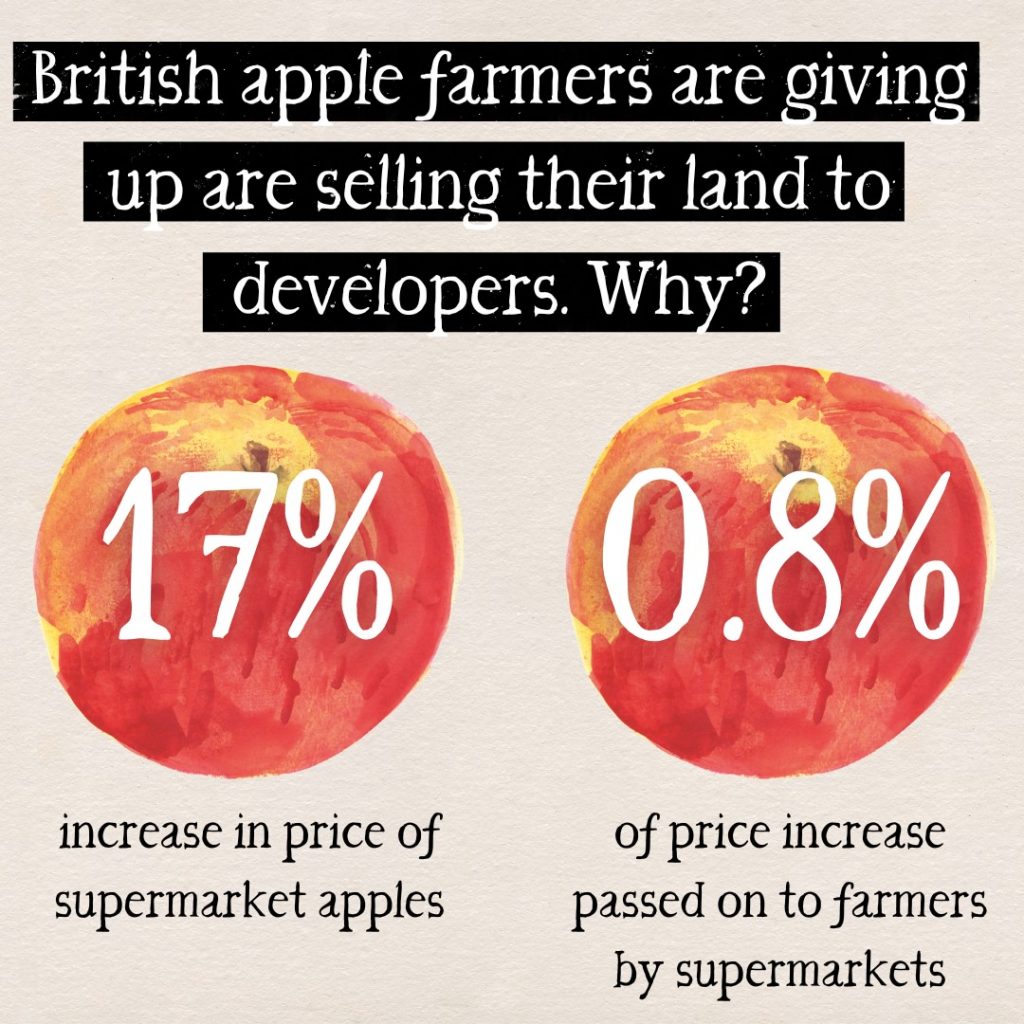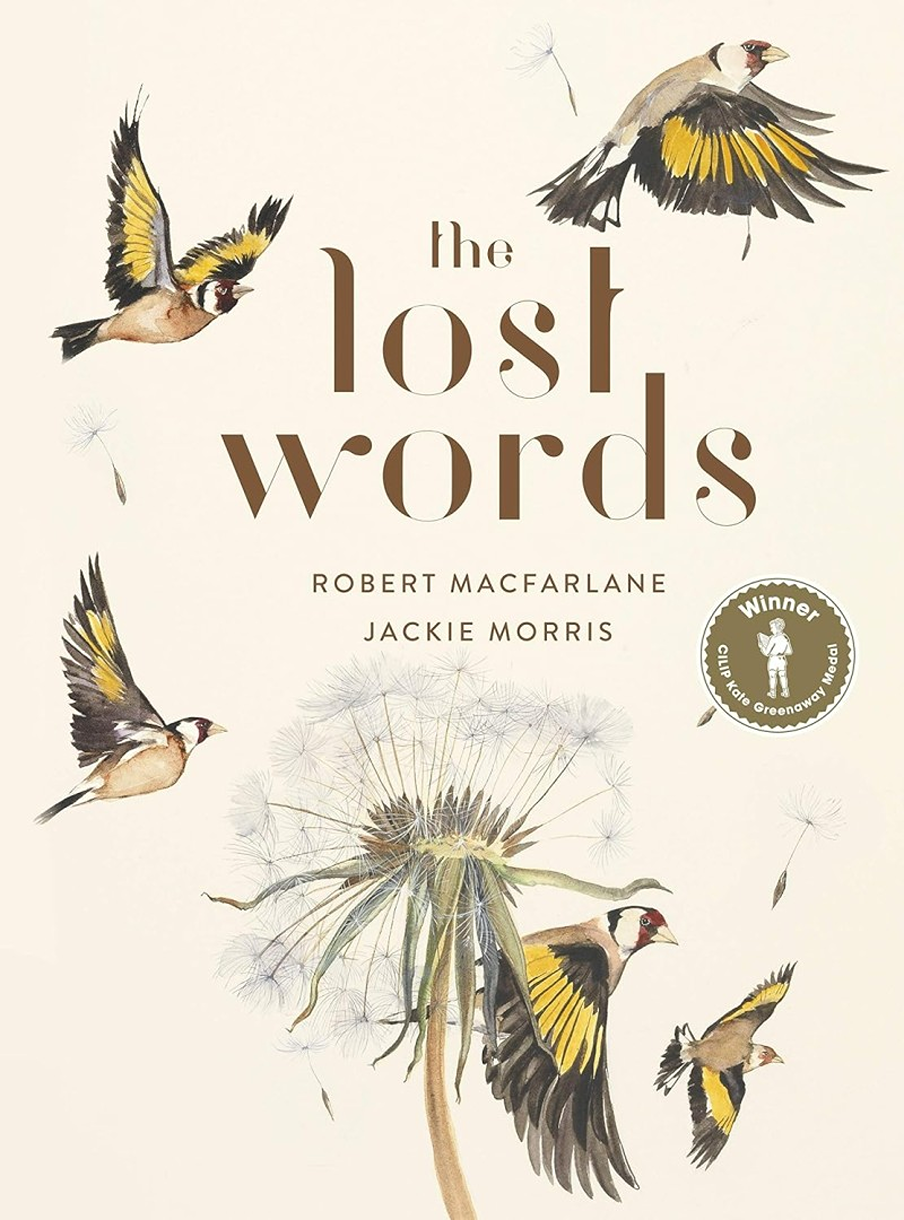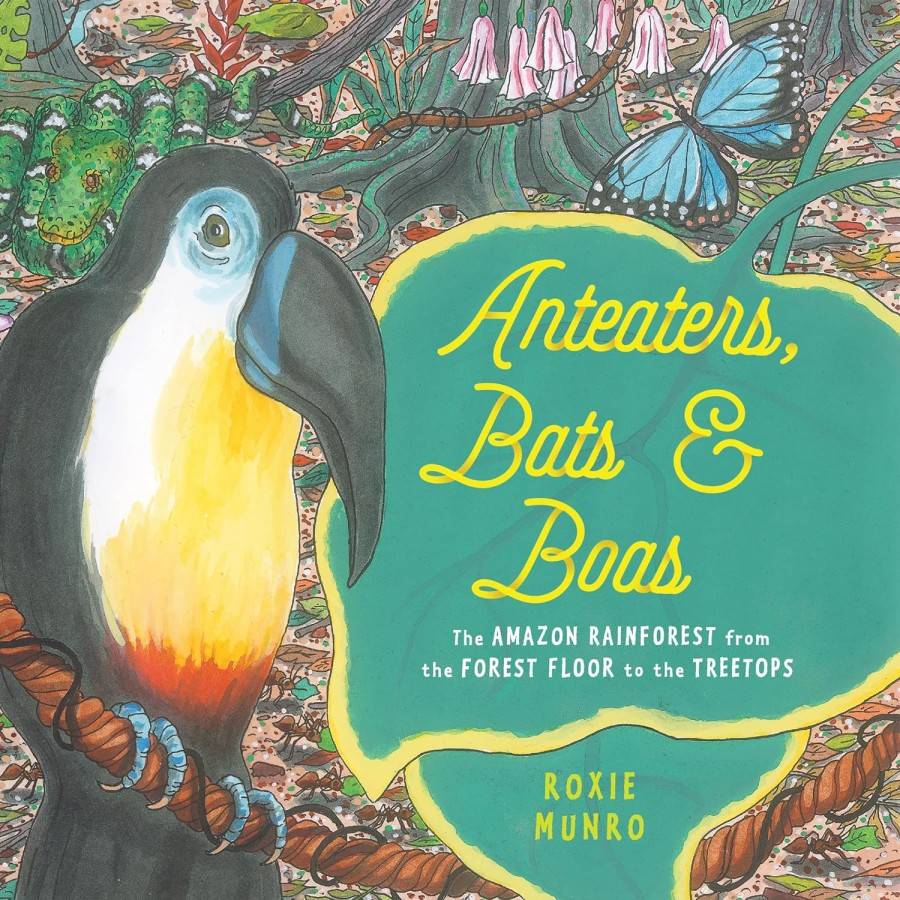Join the Nature-Friendly Farming Network

Nature-friendly farming is gaining traction as farmers across the globe recognise its vital role in sustainable agriculture.
This approach not only enriches the environment but also fosters community resilience and supports farmers’ livelihoods. For farmers looking to enhance their practices, joining a nature-friendly farming network can be a transformative step.
If you’re a farmer, you can find lots of tips and help at the farming tag. Also consider joining the Nature Friendly Farming Network. Over 70% of our land is agricultural, so farmers are so important to food security and environment, so let’s support farmers not given good treatment by supermarkets.
Some of us are vegan, but most people aren’t, and there is no point pitching one against the other. We need to ringfence all organic and free-range small-scale farmers, so the food is as ethical as it can be, it’s not dominated by big supermarkets and big government (often influenced by sponsors and lobbyists) and we get back to producing local food for local people.
The organisation was founded by an arable farmer in Cambridgeshire with a special interest in conservation management.
The network is growing with many members and the site has a huge amount of free downloads and information on the website to enable farmers to be more resilient to changing weather patterns etc.
Such advice also helps to reduce carbon emissions and protect habitats for native wildlife. And also grow better food, which means more profits for small farmers.
You don’t have to be a certified organic farmer to become a member, you will be supported at whichever step of the journey you are. The aim is to create a nation of sustainable agriculture and long-term food security. This also contributes to cleaner air and water, and less floods & droughts.
Grazers is a good company from Yorkshire, which offers lots of nontoxic products to deter rabbits, pigeons, deer, slugs/snails and aphids, all using nature-led methods.
Also visit Farm Wildlife to learn how to protect existing habitats, create field boundaries and wet features, and habitats for seeds and flowers, all of which is better for wildlife. Also find wildlife-friendly farming experts.
The Hare Preservation Trust advises to break up blocks of cereal and provide more grass for grazing on arable farms and run wide strips of grass on open fields (or have pasture patches). It’s important that hares can raise leverets in quiet undisturbed areas, so leave areas uncut and un-grazed for hiding.
If making silage, cut the field from centre outward so hares can escape. And leave ploughed or rough-cultivated areas left so hares can sleep. Leave 6 metre uncultivated margins around arable fields and leave cereal stubbles over winter.
Join the Fair Farming Campaign

Get Fair about Farming is a campaign began, after learning that 75% of fruit and veg farmers are scared they may fold within a year, citing supermarkets as the main cause.
The founder has written an open letter to the big six supermarkets, asking supermarkets to:
- Pay on time (not up to 12 weeks, illegal in the rest of Europe)
- Not wiggle out of contracts.
- Pay what is agreed. One farmer grew 60 tonnes of salad potatoes, then was told they were no longer needed, leaving him ‘financially screwed’.
The price of supermarket apples has gone up 17% (yet the cost of growing them is far more, yet farmers see little extra payment). This also means more will be imported, bad for our endangered orchards, bad for farmers and bad for the planet.






